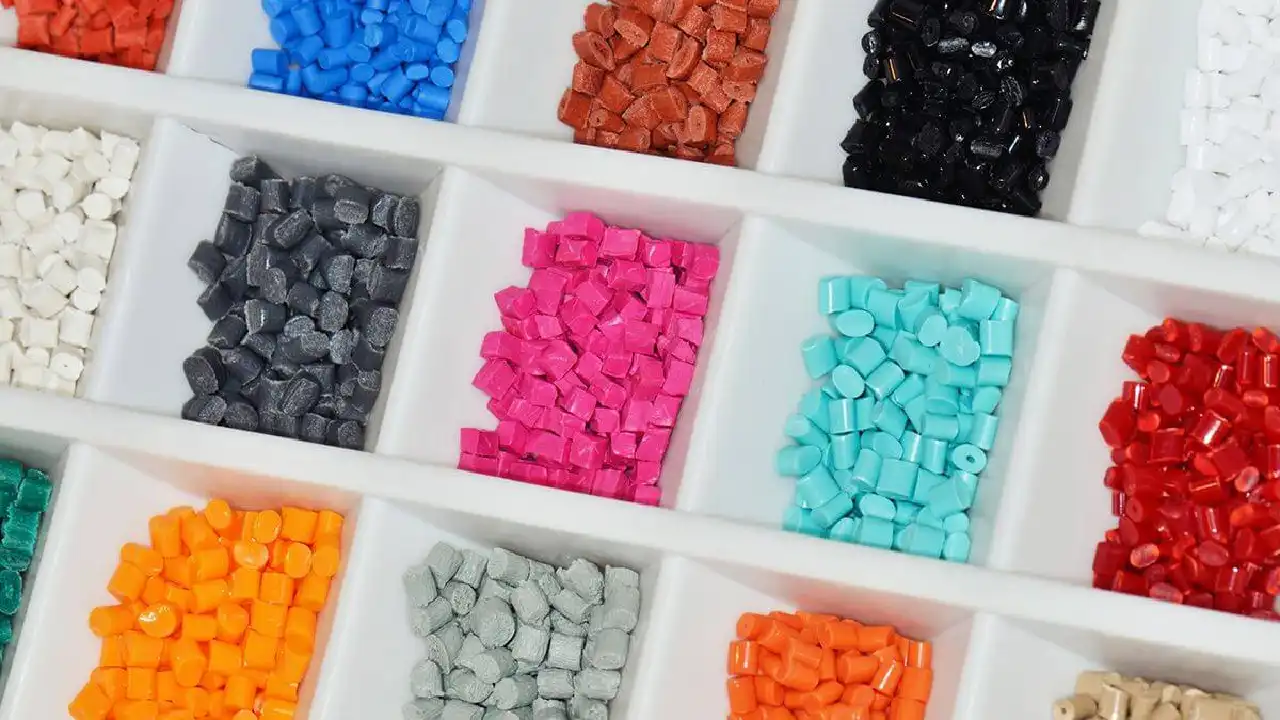NEWS
Understanding the Properties of Plastic Resin: Strength, Flexibility, and Beyond

Plastic resin is a fundamental material used in custom plastic injection molding. In this article, we will delve into the properties of plastic resin and explore its strengths, flexibility, and other key characteristics. With a focus on working with a reputable custom plastic injection molding factory and their expertise in material selection, we will provide valuable insights into the properties of plastic resin.
Collaborating with a Custom Plastic Injection Molding Factory
When it comes to understanding the properties of plastic resin, collaborating with a reputable custom plastic injection molding factory is essential. These experts have in-depth knowledge of different resins and can guide businesses in selecting the right material for their specific project requirements.
Strength and Durability
Strength is a critical property of plastic resin and determines the material’s ability to withstand applied forces without deformation or failure. Different resins have varying degrees of strength, from high-strength materials like polycarbonate to more flexible options like polypropylene. Understanding the required strength for a given application helps in selecting the most suitable plastic resin.
Flexibility and Elasticity
Flexibility is an important property of plastic resin, particularly in applications that require the material to bend or stretch without breaking. Some resins, such as polyethylene, offer excellent flexibility, making them suitable for products like flexible packaging or automotive components that require impact resistance and easy deformability.
Impact Resistance
Impact resistance measures a material’s ability to withstand sudden shocks or impacts without breaking or cracking. Certain resins, like ABS or polypropylene, exhibit exceptional impact resistance, making them suitable for applications where resistance to impact is crucial, such as automotive parts or electronic casings.
Chemical Resistance
Chemical resistance is a vital property of plastic resin, especially in applications exposed to various chemicals or environmental factors. Resins like polyethylene or polypropylene display good resistance to chemicals, acids, and solvents, making them commonly used in containers for chemical storage or industrial applications where chemical exposure is a concern.
Heat Resistance
Heat resistance refers to a material’s ability to withstand high temperatures without deformation or degradation. Certain resins, such as polyphenylene sulfide (PPS) or polyetherimide (PEI), exhibit excellent heat resistance, making them suitable for applications that require exposure to high temperatures, such as automotive engine components or electrical connectors.
Electrical Insulation
Electrical insulation is a critical property in applications where the plastic resin needs to provide electrical isolation or protection against electrical currents. Resins like polypropylene or polyethylene offer good electrical insulation properties, making them suitable for electrical components, cable insulation, or connectors.
UV Resistance
UV resistance is important in applications exposed to sunlight or outdoor conditions. UV-stabilized resins, like certain grades of polypropylene or polycarbonate, are specifically formulated to resist the degrading effects of ultraviolet radiation, making them ideal for outdoor products, automotive components, or electronic enclosures.
Transparency and Clarity
Transparency and clarity are desirable properties in applications where visual appeal or visibility is important. Resins like polycarbonate or polymethyl methacrylate (PMMA) offer excellent transparency, allowing for the production of clear or transparent products, such as display screens, lenses, or consumer goods.
Dimensional Stability
Dimensional stability refers to a material’s ability to maintain its shape and size under varying temperature or humidity conditions. Resins with good dimensional stability ensure that the molded parts retain their intended shape and functionality, making them suitable for precision engineering applications or products with strict dimensional requirements.
Water and Moisture Resistance
Water and moisture resistance are critical properties in applications exposed to humid or wet environments. Resins such as polyvinyl chloride (PVC) or nylon offer good moisture resistance, making them suitable for plumbing, irrigation systems, or outdoor equipment.
Conclusion
Understanding the properties of plastic resin is vital when considering custom plastic injection molding. Collaborating with a reputable custom plastic injection molding factory allows businesses to make informed decisions in material selection based on specific project requirements. From strength and flexibility to impact resistance, chemical resistance, electrical insulation, and dimensional stability, each property plays a crucial role in material performance. By considering these properties and their suitability for different applications, businesses can produce high-quality custom plastic parts that meet the desired functionality, durability, and performance standards.
Kenneth is a proud native of sydney, born and raised there. However, he pursued his education abroad and studied in Australia. Kenneth has worked as a journalist for almost a decade, making valuable contributions to prominent publications such as Yahoo News and The Verge. Currently, he serves as a journalist for The Hear Up, where he focuses on covering climate and science news. You can reach Kenneth at [email protected].










